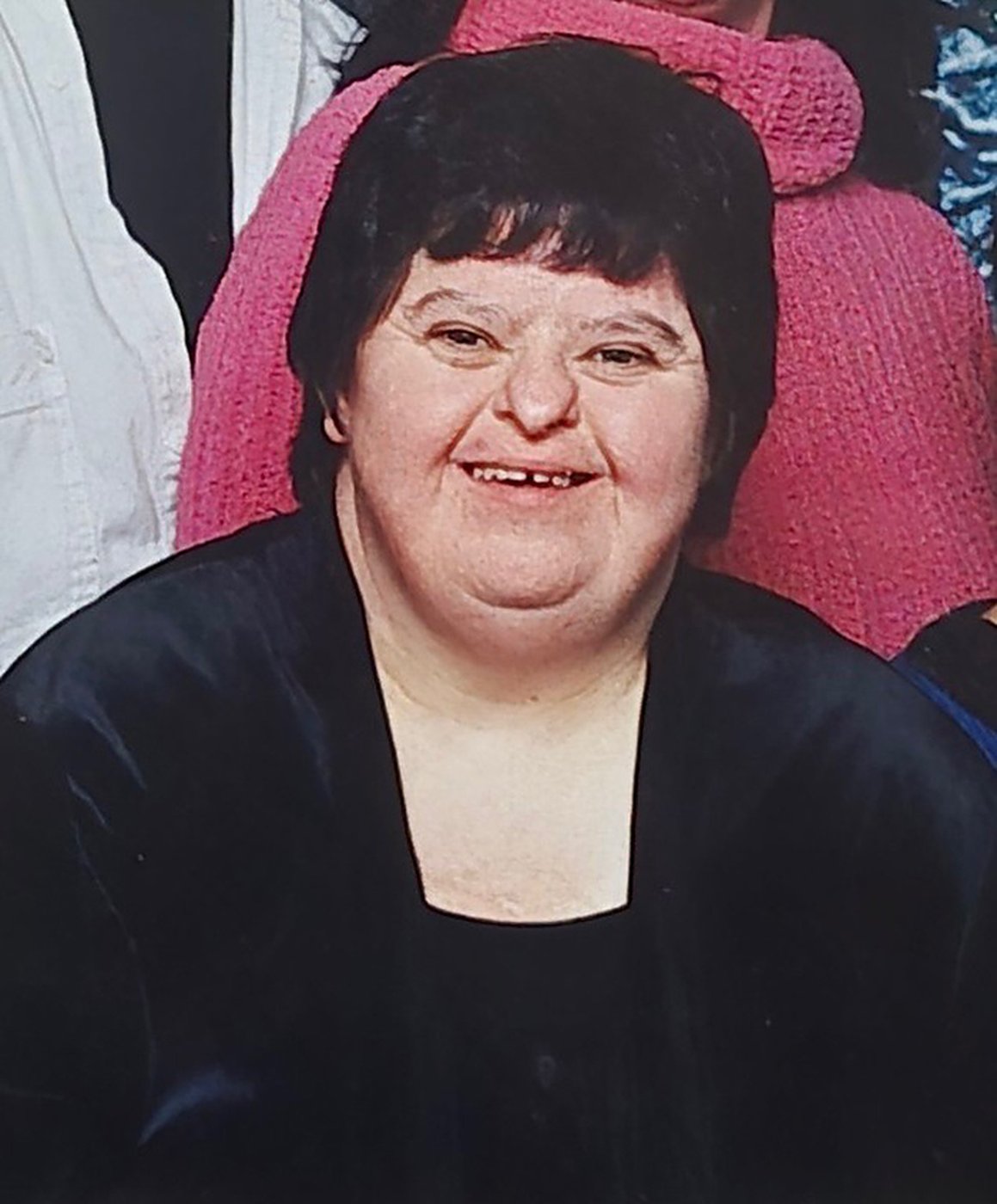Local News
B.C. starvation inquest jury recommends pay boost for home-share providers

The head of a Crown corporation that funded the care of a B.C. woman with Down syndrome who died of starvation said the organization “failed her,” after an inquest jury ruled the death a homicide and called for better pay for home carers of adults with developmental disabilities.
It was among 13 recommendations made by the coroners inquest jury after hearing evidence about the 2018 death of Florence Girard in the home of her caregiver, where she lived as part of a government-funded program.
The homicide ruling is not a determination of criminality and inquest juries are not asked to find fault in cases that they hear, but rather make recommendations on how to prevent similar deaths in the future.
The jury foreman told coroner Donita Kuzma that home-share providers should get “a living wage commensurate with the complexity of care needed” beyond paying for basic necessities.
The foreman said the jury, which deliberated for almost two days, heard “repeatedly” that funding isn’t adequate to attract and retain home-share providers.
Girard was 54 years old when she died weighing only about 50 pounds.
She lived in the home of Astrid Dahl for eight years as part of a home-share program funded by the provincial Crown corporation Community Living B.C., which is mandated to support nearly 30,000 adults in the province with developmental disabilities.
Ross Chilton, CEO of CLBC, said in a statement that “the system and CLBC failed Florence.”
“We failed her family who trusted that Florence would receive the emotional and physical supports she required,” he said.
“The checks in place at that time didn’t work. While acknowledging that truth is painful, it’s important to do so we can prevent such a tragedy in the future. On behalf of CLBC I offer an unreserved apology to Florence’s family, friends and loved ones.”
Managing and monitoring home-share programs across the province is contracted out to local organizations. In Girard’s case, that was the Kinsight Community Society.
The jury heard that Girard had not seen a doctor for four years leading up to her death and no one from the society in charge of her care had seen her in person for months before she died.
Dahl told the jury Girard hated going to the doctor and would “meltdown” whenever the idea was discussed and said she was not getting enough support.
Dahl was convicted in 2022 for failing to provide the necessities of life to Girard.
Dahl told the jury she received around $2,000 a month to care for Girard, on top of a few hundred dollars to pay for help at times when she needed respite.
Tiffany Wickham, an area supervisor with the Crown corporation acknowledged that the money provided to caregivers “has not kept up with the rate of inflation and housing costs.”
Wickham told the jury that the corporation “would not be able to maintain the services” it offers if the pay was increased to meet inflation under its current budget.
Krista Maniezzo, who was the shared-living coordinator at Kinsight Community Society when Girard died, testified that her workload with other files contributed to Girard’s case slipping through the cracks despite warning signs such as Girard’s sister also reporting she was having difficulty reaching Dahl.
The inquest heard that about 200 home-share coordinators across the province are responsible for managing caseloads of 25 people each.
The jury recommendations to the Crown corporation released Friday also include reducing the workload for coordinators and making their compensation comparable with pay for similar positions with the Ministry of Children and Family Development.
On the final day of testimony, Adam McKinnon, assistant deputy minister at the Ministry of Social Development and Poverty Reduction, said the two most common things his office hears are calls to raise the province’s home-share and disability assistance rates.
“We know that the affordability challenge affects home-share providers just as much, if not more, than anyone else in British Columbia,” he said.
He said the population of adults with developmental disabilities being supported by Community Living B.C. is growing at a rate of about five per cent per year.
McKinnon said that in the last round of bargaining for the collective agreement, the gap in pay between coordinators and other similar positions was acknowledged.
“Rather than continue to perpetuate that gap, the decision was made to deliberately keep that gap present, but not make it worse,” he said.
“And then, over time, look to see how we can manage the challenges that are resulting from wage gaps, whether that be from one ministry to a Crown corporation, whether it be from one sector to another sector.”
The jury also recommended that the ministries of heath and social development immediately reinstate a provincial medical consultant position at the Crown corporation which was eliminated in 2015.
Stephen Hall, director of quality assurance at Community Living BC, testified the person was employed by the Health Ministry but worked with the Crown corporation on tasks like reviewing reports and helping those getting services connect with health care.
“That doctor also was very helpful if an individual is in hospital (and) we we’re planning for services,” Hall said.
“We don’t do health services. To help translate that to the medical professionals and to figure out what we can do and what’s possible in community, it was a very valuable role that supported Community Living BC in planning for individuals with health-care needs.”
Speaking to media after the ruling Friday, Karim Ramji, legal counsel for Down Syndrome BC, says it’s clear CLBC, hasn’t been providing adequate care and guidance for its clients.
“They’re there because they’ve got a medical diagnosis that they can’t look after themselves, and that’s why they’re there. And it’s shocking to think that CLBC, for 20 years, has been doing this without sufficient medical supports and medical care plans with these individuals. So that’s such an important recommendation from the jury, the need for further funding, for the further training, for further oversight,” said Ramji.
“It just says that it became clear to the jury that there are systemic failures, and that the need for a total reset and rethinking of how CLBC is structured, funded, operated, managed.”
Prominent advocate Tamara Taggart, whose organization was launched in 2021 in direct response to Girard’s death also spoke after the ruling. She says her family had to pay $12,000 a year for therapy to help her son learn how to eat solid food, and the province provides no support in her case or other similar situations.
“CLBC is a Crown Corporation that we are paying $1.7 billion for. And the jury spoke loud and clear today that they are a miserable failure for families everywhere,” said Taggart Friday.
Girard’s sister Sharon Bursey says with 13 recommendations, CBLC now has a “starting point,” and she remains “disgusted” by what she’s learned in the process.
“Everybody needs to be seen by a doctor, and they’re not all the same. You can’t treat them all like they’re just one group, when everybody is individual and different,” said Bursey.












